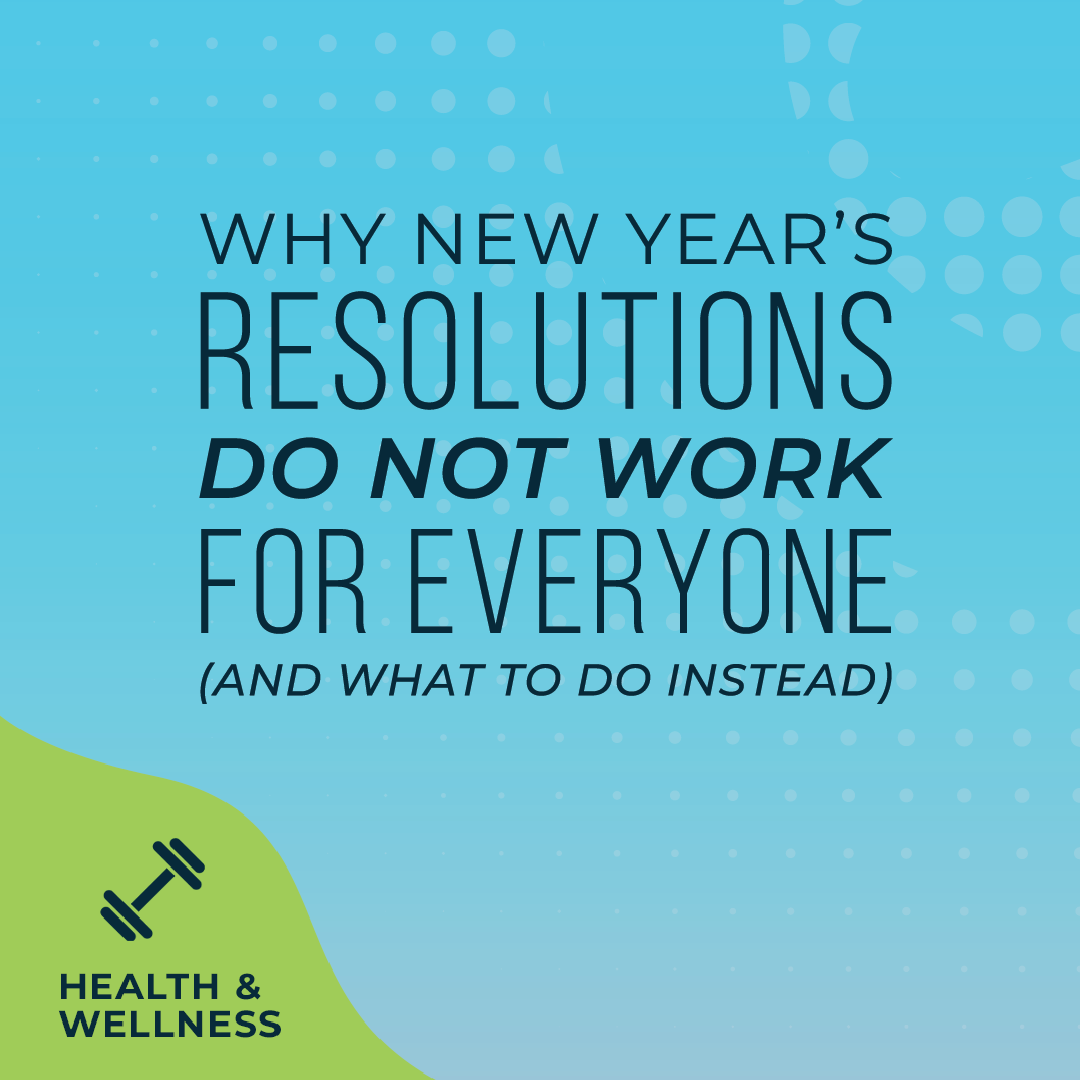Why New Year's Resolutions Do Not Work For Everyone And What To Do Instead

Many of us look forward to the New Year because it offers a fresh start to chase new dreams. The season's energy is so great that we feel motivated for new things. However, the sad reality is that far too often, this energy is not to push someone to reach their goals. Statistics show that only nine percent keep their new year's resolution; 36 percent do not make it past the first month, and 23 percent quit in the first week.
Have you ever found yourself in a similar situation? Let’s explore why New Year's Resolutions do not always work and what to do instead.
1. Setting unrealistic goals
While it is great to set goals for the New Year, many people get it wrong by setting unrealistic goals. In the rush of the moment, we often set goals that are difficult to achieve. As a result, we become easily bored and unable to find the motivation to see the resolution to manifestation. Therefore, when making resolutions, ensure they are something you can achieve. In addition, you have a Plan B; which could help manage unexpected situations that may set your plans backward. Many times, the solution to your resolution is breaking them into smaller quarters within an achievable time.
2. Failure to Keep track
The key to achieving your resolution is consistency. One way to ensure consistency is to keep track of your progress. You can conduct a self-assessment or resolution assessment to track your progress, identify roadblocks, and think of possible solutions to ensure your resolution manifests. These assessments can be monthly or weekly, depending on the goal you want to achieve. Overconfidence leads you to assumptions, which will only aid you in making excuses instead of executing the set goal. In addition, when you identify and appreciate your progress, it motivates you to do more.
3. Lack of a good plan
One thing is to make a new year's resolution, and another is to have a plan. According to Jordan Madison, goals should be "specific, measurable, attainable, realistic, and time-based." Therefore, a lack of a plan can drive you in a vague direction instead of pursuing a specific resolution. Dr. Allycin Powell-Hicks also explained that when we have goals, it aids our brain in processing how to make them a reality.
What To Do Instead
The first step to setting yourself in the right direction is, to be honest with yourself. Honesty is one of the ways to practice accountability. Accountability allows you to look at your plan's flaws and you move forward based on where you are in relation to your goals.
Start small, appreciate gradual progress, and adjust your plans as time progresses. Many people quickly lose motivation because they want to achieve their goals overnight, which is often impossible.
Finally, do not give up. The resolution is a big goal, but you do not need to dive straight into it. You can create micro-goals that are realistic and achievable within a set time. In addition, add value to the resolution, which will act as the fuel for your motivation.












































































